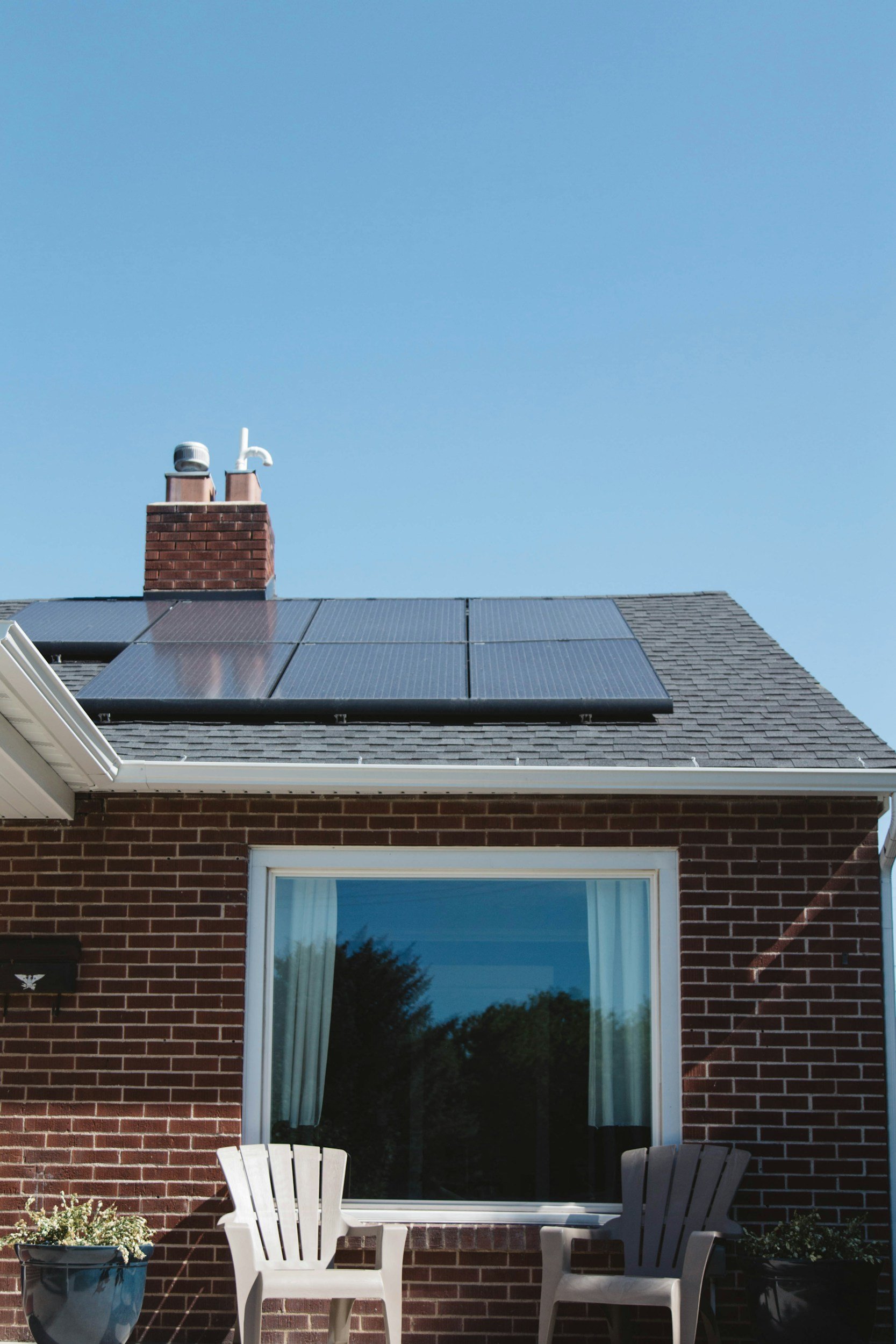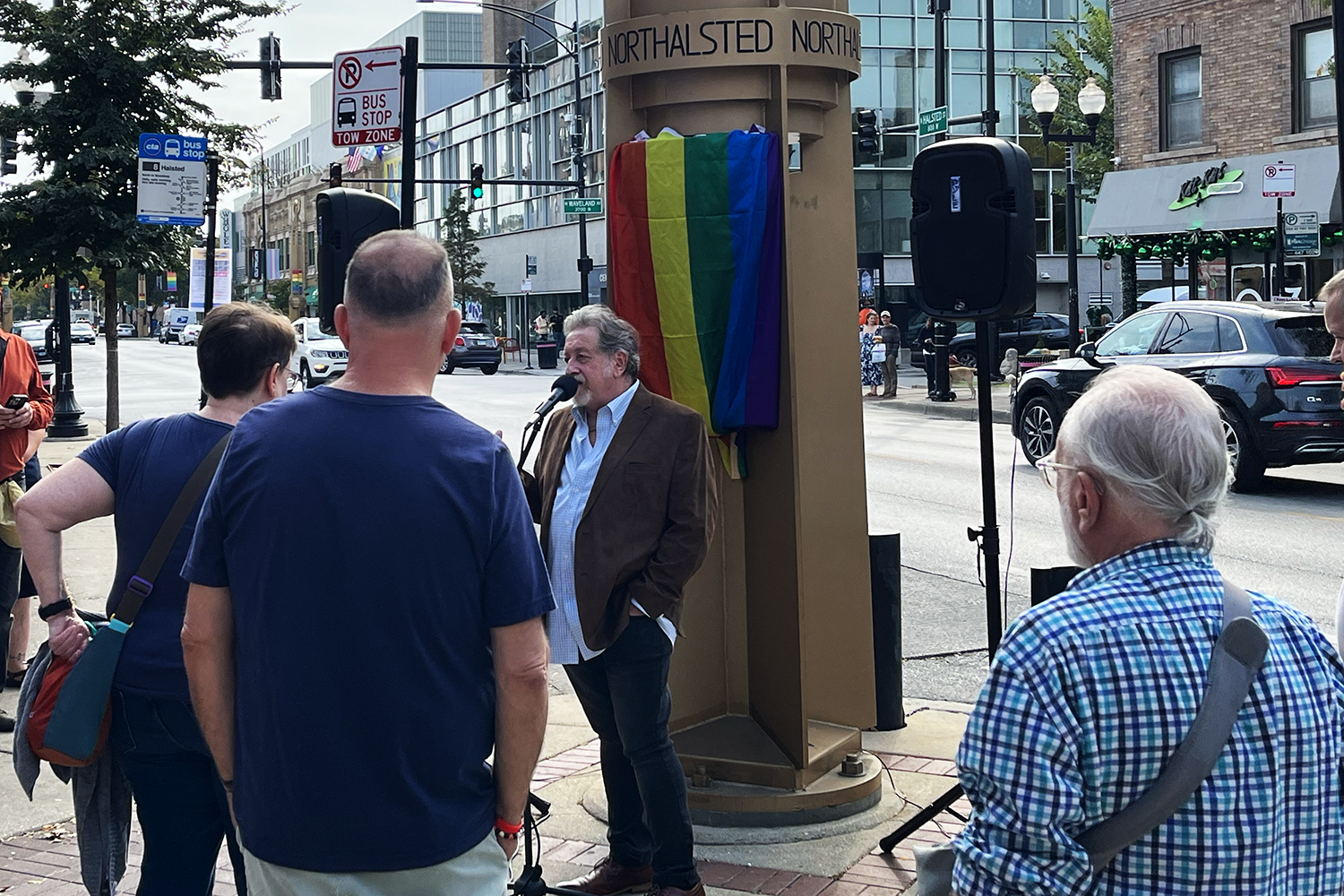Chicago begins regulating scooter parking
CHICAGO, IL - Chicago is taking steps to regulate its scooter share programs in response to growing concerns about sidewalk obstruction and pedestrian safety. The city has introduced a pilot program aimed at managing the rapid growth of shared scooters. This program focuses on limiting the number of scooters in specific neighborhoods and enforcing strict parking regulations to ensure that scooters do not clutter sidewalks or block pathways. Designated parking areas have been introduced as part of the city’s strategy to balance the convenience of micromobility with maintaining accessible public spaces for pedestrians.
Under this pilot program, scooter operators are required to educate users on where and how to properly park their scooters. Designated e-scooter parking spot pilots have also begun in Northalsted and Wrigleyville neighborhoods. This initiative is part of a larger effort to reduce the negative impact of scooters being left in inconvenient or hazardous areas, such as high-traffic pedestrian zones. Chicago’s proactive approach has already seen positive results, helping to reduce the number of complaints regarding scooters obstructing sidewalks and other public areas.
Milwaukee offers an example of effective scooter regulation, having implemented stricter guidelines aimed at controlling scooter parking and usage. The city mandates that shared scooters be parked in designated areas to prevent them from taking up space on sidewalks, and restricts scooter use in pedestrian-heavy areas. These measures ensure that scooters remain a viable transportation option while protecting pedestrian safety and accessibility.
Both Chicago and Milwaukee's approaches reflect a broader trend in the Midwest to regulate the use of shared scooters without compromising the walkability of urban spaces. As micromobility solutions continue to grow in popularity, more cities may look to these examples as they develop policies to address the challenges posed by scooter share programs. By focusing on both convenience and safety, Midwest cities are finding ways to make shared scooters a sustainable part of urban life.




























